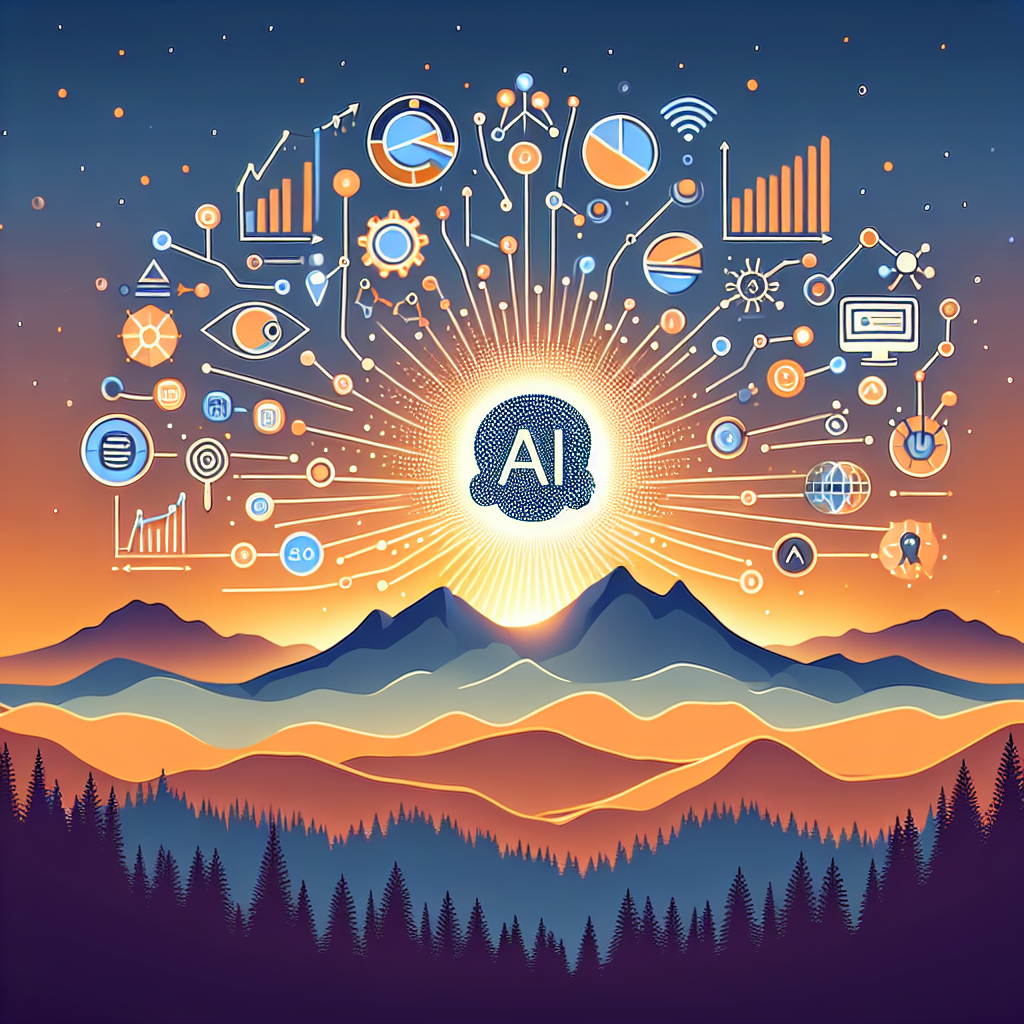In recent years, there has been a significant rise in the use of AI-powered marketing tools. These tools leverage artificial intelligence and machine learning to help marketers make better decisions, automate tasks, and optimize campaigns. From predictive analytics to chatbots, AI-powered marketing tools are revolutionizing the way brands connect with consumers and drive business growth.
One of the key benefits of AI-powered marketing tools is their ability to analyze vast amounts of data quickly and accurately. This allows marketers to gain valuable insights into customer behavior, preferences, and trends, enabling them to create more personalized and targeted campaigns. AI can also automate routine tasks such as email marketing, social media scheduling, and ad optimization, freeing up marketers to focus on strategy and creativity.
Another advantage of AI-powered marketing tools is their ability to improve ROI and drive revenue growth. By using predictive analytics, AI can help marketers identify the most profitable opportunities and optimize marketing spend accordingly. In addition, AI-powered chatbots can provide instant customer support and personalized recommendations, leading to increased customer satisfaction and loyalty.
The rise of AI-powered marketing tools has also led to the emergence of new technologies and platforms that enable marketers to reach consumers in innovative ways. For example, AI-powered content generation tools can help marketers create engaging and relevant content at scale, while AI-powered image recognition technology can enhance visual search capabilities and improve product recommendations.
However, as with any new technology, there are also challenges and considerations that marketers need to be aware of when using AI-powered marketing tools. These include data privacy concerns, the need for proper training and integration, and the potential for AI bias and errors. It is important for marketers to carefully evaluate their needs and goals before investing in AI-powered marketing tools and to work with trusted vendors who prioritize data security and transparency.
In conclusion, the rise of AI-powered marketing tools represents a significant opportunity for brands to improve their marketing efforts, drive business growth, and better connect with consumers. By leveraging artificial intelligence and machine learning, marketers can gain valuable insights, automate tasks, and optimize campaigns in ways that were not possible before. As AI continues to evolve and become more sophisticated, the possibilities for marketing innovation are endless.
FAQs:
Q: What are some common AI-powered marketing tools?
A: Some common AI-powered marketing tools include predictive analytics platforms, chatbots, content generation tools, image recognition technology, and ad optimization software.
Q: How can AI-powered marketing tools benefit my business?
A: AI-powered marketing tools can help businesses gain valuable insights into customer behavior, automate routine tasks, improve ROI, drive revenue growth, and reach consumers in innovative ways.
Q: What are some challenges of using AI-powered marketing tools?
A: Some challenges of using AI-powered marketing tools include data privacy concerns, the need for proper training and integration, and the potential for AI bias and errors.
Q: How should I evaluate AI-powered marketing tools for my business?
A: When evaluating AI-powered marketing tools for your business, it is important to consider your needs and goals, as well as the vendor’s reputation for data security and transparency. It is also helpful to request demos and user reviews before making a decision.

